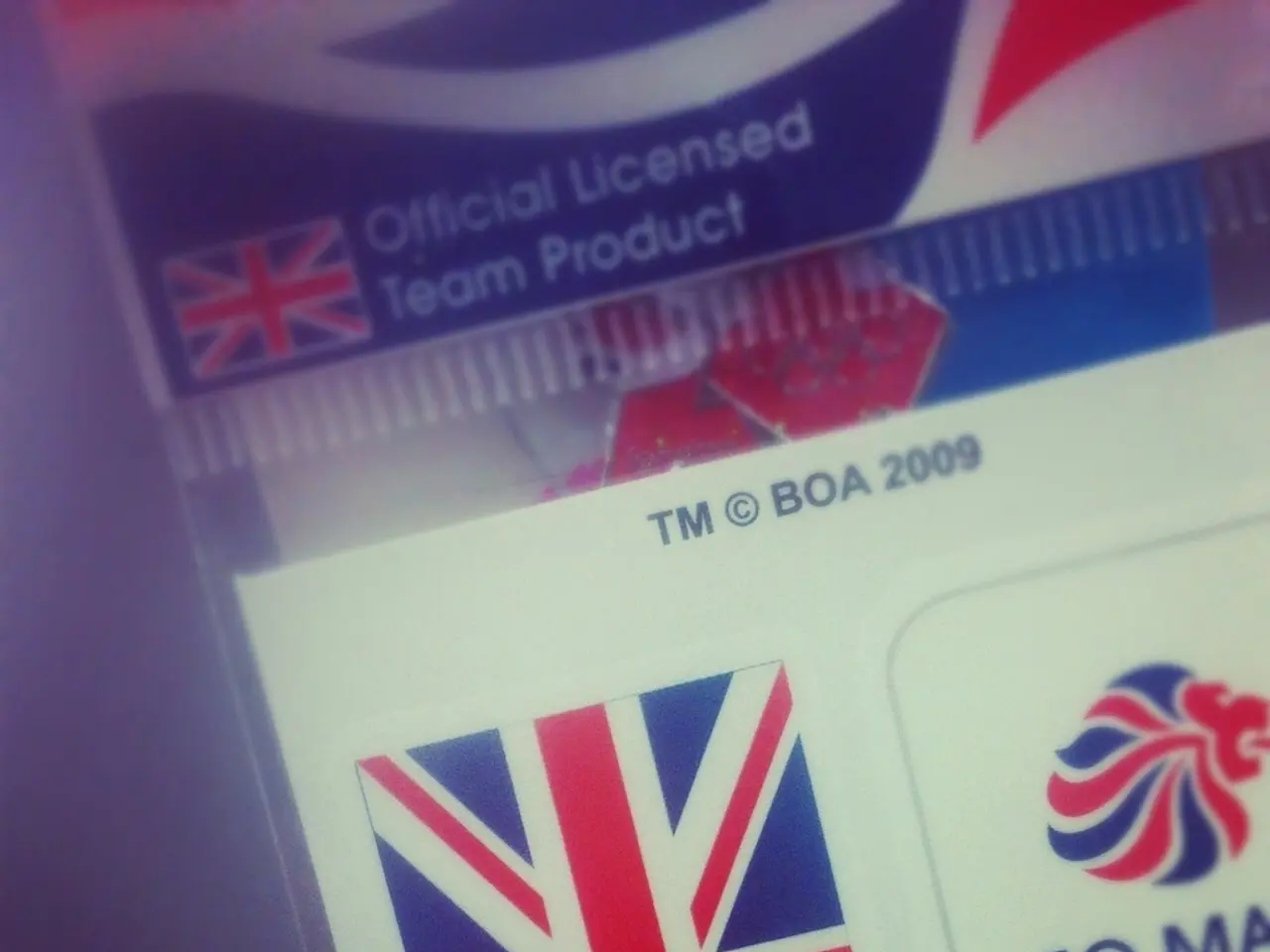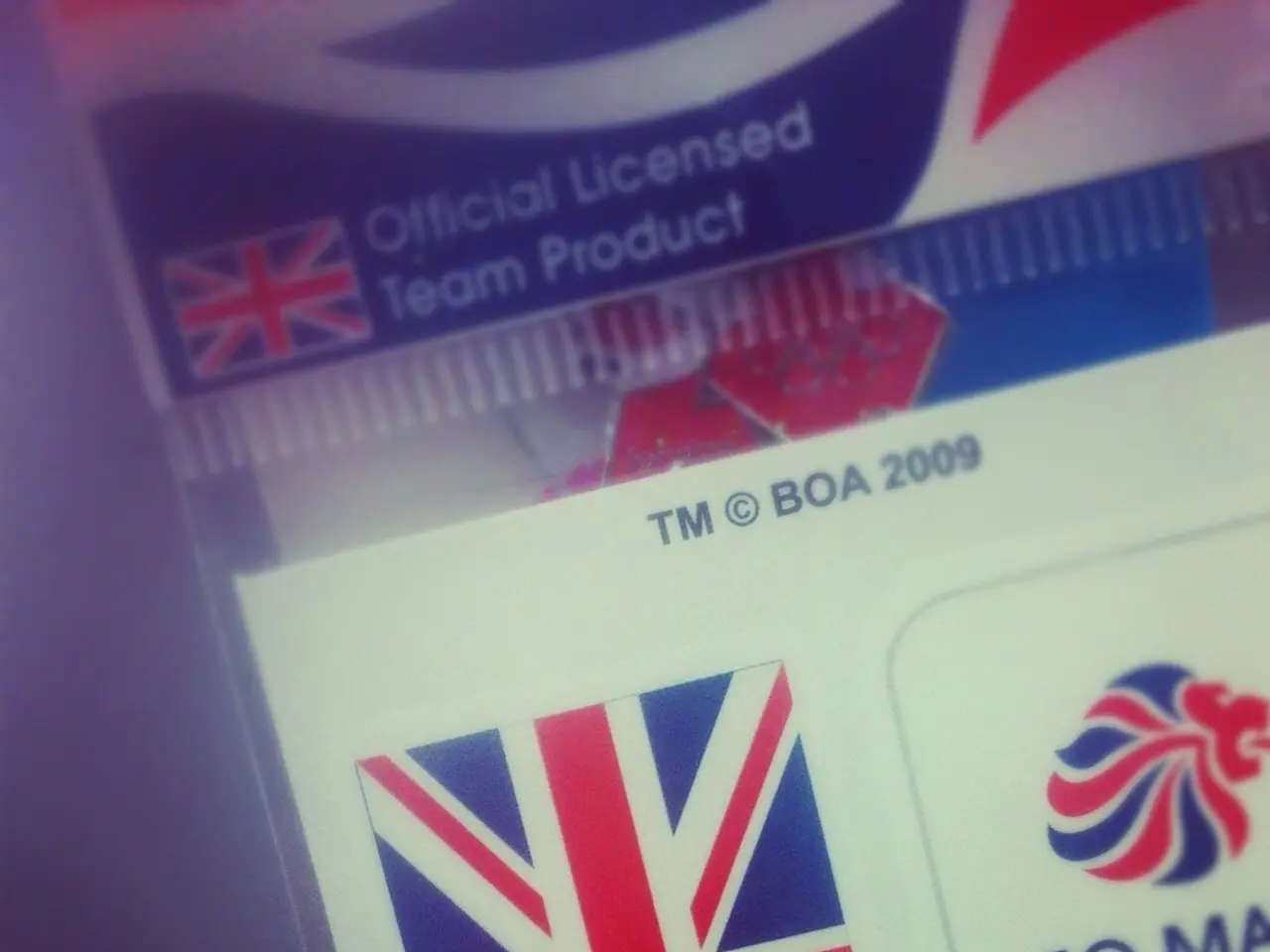U.S. Department of Justice's Recent Crackdown on Exports Reinforces Potential Threats From China
In a significant move, US tech company Cadence Design Systems has agreed to pay a combined sum of $140 million to settle criminal and civil charges related to export control violations. The case, which dates back to 2015, highlights the need for US companies to maintain robust export control compliance programs, particularly when dealing with technology transfers to countries like China.
The settlement comes following the company's engagement in transactions with the National University of Defense Technology (NUDT) in China, valued at over $45 million between 2015 and 2020. NUDT has been restricted under the BIS's Entity List since February 2015 due to its use of US components to produce semiconductors for China's nuclear weapons program and other military uses.
The plea agreement outlines central compliance program elements and standards for Cadence's export compliance program. It specifies ongoing reporting to the Department of Justice (DOJ) regarding remediation steps and prospective compliance program implementation.
To rectify the situation, Cadence has implemented remedial measures. These include adding export control compliance personnel, improving internal compliance programs, formalizing its export compliance training program, and enhancing export control compliance screening procedures.
The case demonstrates that companies involved with US technology transfers to certain countries, particularly China, should be prepared for an aggressive regulatory enforcement environment. Following the Cadence Design Systems case and recent regulatory updates, U.S. companies involved in technology transfers, especially to countries like China, must maintain an enhanced export control compliance program.
Key requirements of this enhanced program include strong senior management commitment, implementation of compliance measures, senior executive oversight, regular monitoring, testing, and reporting, compliance with the Export Administration Regulations (EAR), attention to the Commerce Control List (CCL), incorporation of new data security program (DSP) compliance measures, and adaptation to forthcoming American AI Exports Program requirements.
The new requirements aim to address both traditional hardware/software export controls and new data security risks under recent DOJ and BIS priorities. They are designed to prevent foreign adversaries' access to sensitive US government-related and personal data, notably restricting transactions involving countries of concern such as China.
The resolution emphasizes a robust, evolving compliance program focused on risk management, continuous improvement, and transparent DOJ reporting without imposing overly burdensome compliance monitors. This settlement serves as a reminder for US companies to prioritize export control compliance, particularly when dealing with sensitive technologies and countries of concern.
Sports teams might need to be more cautious when using technology provided by US companies, considering the strict export control regulations, as highlighted by the Cadence Design Systems case. The recent settlement, involving technology transfers to China's National University of Defense Technology (NUDT), showed that U.S. companies, even those not typically associated with sensitive sports technology, face aggressive regulatory enforcement when dealing with technology transfers to countries of concern like China.




